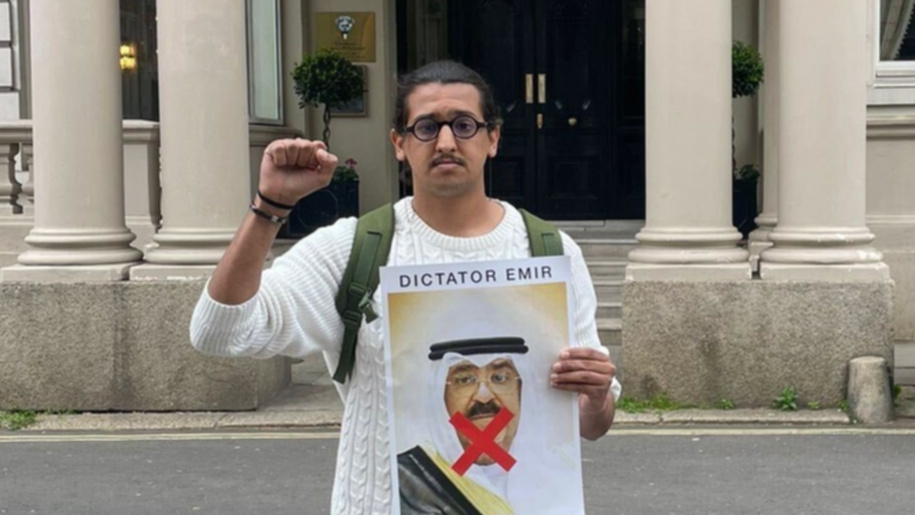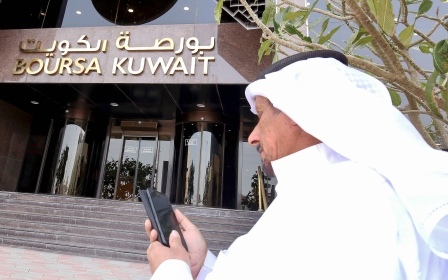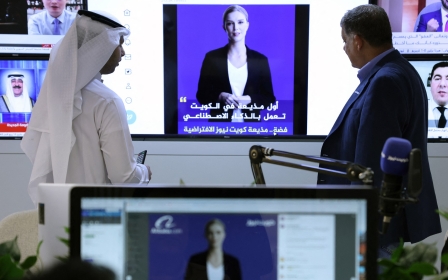Kuwait: Activist who fled to UK faces further sentence over tweets

A Kuwaiti activist previously convicted over tweets critical of Saudi Arabia has been handed a further prison sentence over his tweets.
On Monday, Kuwait’s Criminal Court gave Salman al-Khalidi, 24, five years with hard labour for using his Twitter account to spread “false and malicious rumours” about Kuwait among other related charges, according to the Gulf Centre for Human Rights (GCHR).
Khalidi fled to the UK last year from Qatar - where he was studying - after he was warned of his imminent arrest back home and feared that Doha might hand him over to Kuwaiti authorities.
Days later, he was sentenced in absentia to five years in jail with hard labour for insulting Saudi Arabia and spreading false news purportedly over tweets about the role of Saudi Crown Prince Mohammed Bin Salman in the murder of journalist Jamal Khashoggi.
In January, Khalidi was among a group pardoned by the Emir of Kuwait Nawaf Al-Ahmad Al-Jaber Al-Sabah and relieved of his sentence. At this point, he started to hope he might be able to go home.
He said he stopped tweeting critically about Kuwait and asked his lawyer to speak with authorities to ensure his situation was resolved so he could return.
“I was thinking I will go back to Kuwait. I will go back to my mom. I will go back to the youth who support my ideas,” he told Middle East Eye on Friday.
But he was surprised when a Kuwaiti court slapped him with a new conviction earlier this week and he was sentenced again.
'Making noise in exile'
Khalidi said that he believes that the reason for the new sentence is his establishment last August of the Kuwaiti Refugees Association, a UK-based organisation which focuses in part on human rights and politics.
Khalid Ibrahim, executive director of GCHR, which has been following Khalidi’s case, agrees. “It’s ok for you to flee your country. If you want to come back, come back. But only come back if you are not making noises in exile,” Ibrahim said.
“If you are going to talk about human rights, if you are going to talk about violations by authorities, then you are not welcome. Not only that, but we are going to target you and accuse you of damaging the security of the state.”
Khalidi, who was on his way on Friday to protest his sentencing outside the Kuwaiti Embassy in London, said he was undeterred by the sentence.
“I will be sure to work a lot with activities in Kuwait to do something to change what is happening there,” he said. “No more Saudi Arabia. Now, I will focus on Kuwait.”
The Kuwaiti Ministry of Foreign Affairs did not immediately respond to MEE’s request for comment.
Middle East Eye propose une couverture et une analyse indépendantes et incomparables du Moyen-Orient, de l’Afrique du Nord et d’autres régions du monde. Pour en savoir plus sur la reprise de ce contenu et les frais qui s’appliquent, veuillez remplir ce formulaire [en anglais]. Pour en savoir plus sur MEE, cliquez ici [en anglais].




